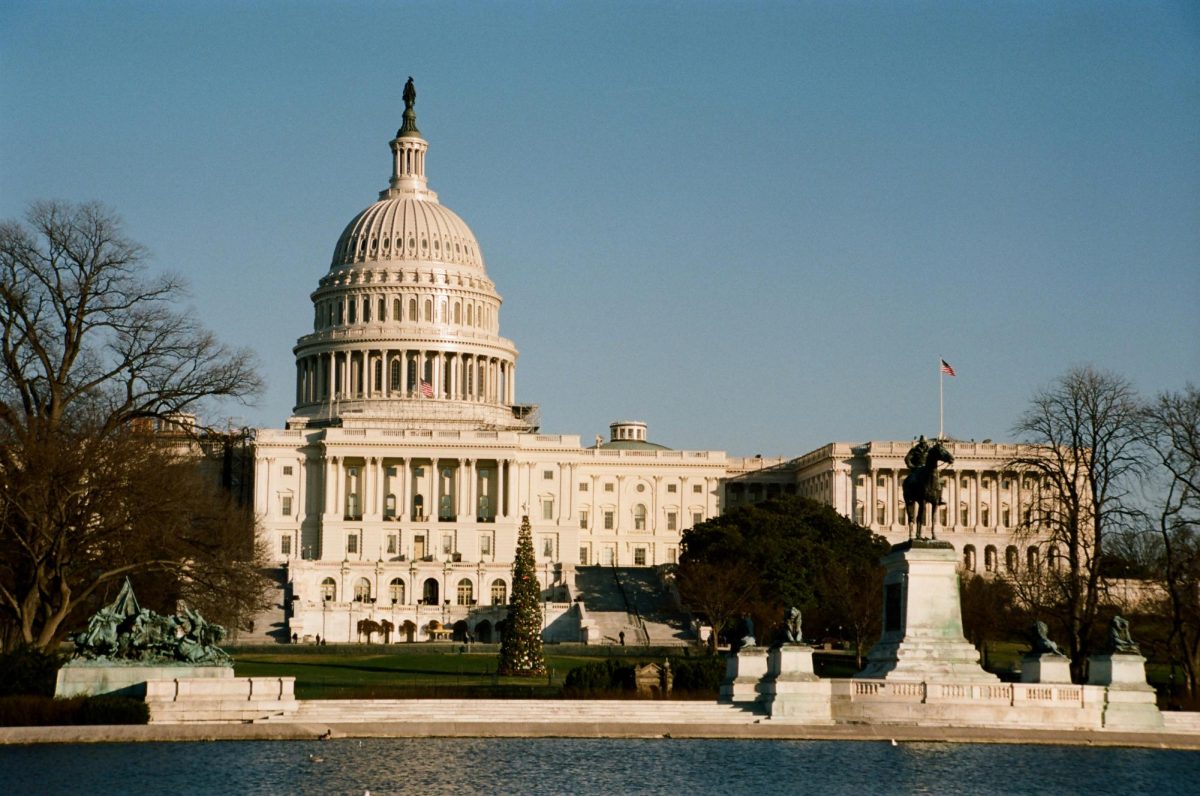Posted: March 24, 2015 | Written by Ariel Schiller
Last month the Federal Communications Commission voted to regulate the Internet under Title II of The Communications Act.
Net neutrality, outlined in a 313-page plan, is the idea that Internet Service Providers should allow access to all content regardless of the source, without favoring or blocking particular products or websites.
In a letter sent to the House Judiciary Committee on Dec. 9, 2014, FCC Chairman Tom Wheeler defended the case for net neutrality.
“I believe that the Internet must remain an open platform for free expression, innovation, and economic growth,” Wheeler said in the statement. “We cannot allow broadband networks to cut special deals to prioritize Internet traffic and harm consumers, competition, and innovation.”
Republicans counter that the idea of net neutrality was only created as a result of immense pressure from the White House. Even the FCC’s Office of Inspector General has opened an investigation into how the agency adopted its rules.
When the FCC raised the issue, of regulating the Internet, in 2014 they faced criticism from President Obama for not being strict enough.
In a statement The President released on Nov. 10 2014, he addressed the importance of open Internet.
“I believe the FCC should reclassify consumer broadband service under Title II of the Telecommunications Act — while at the same time forbearing from rate regulation and other provisions less relevant to broadband services.
In a long battle for open Internet Chairman Wheeler now has to defend net neutrality on Capital Hill.
There will be, as many as five, hearings with special committees on net neutrality.
Wheeler’s first hearing was with the House Oversight and Government Reform Committee on March 17. These hearings will focus on Wheeler’s decision to regulate broadband Internet services under Title II of the Telecommunications Act. His next hearing is with the Senate Commerce Committee.






